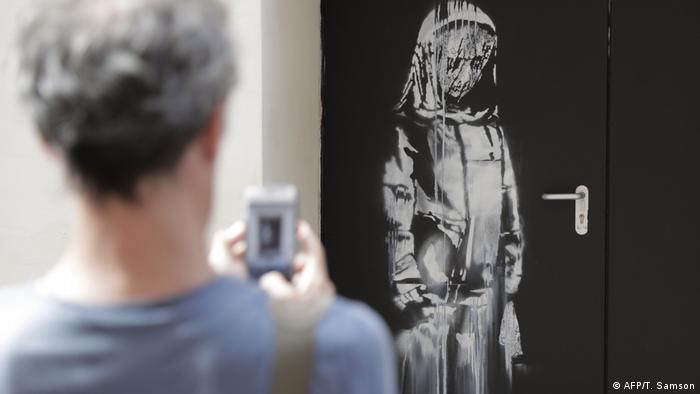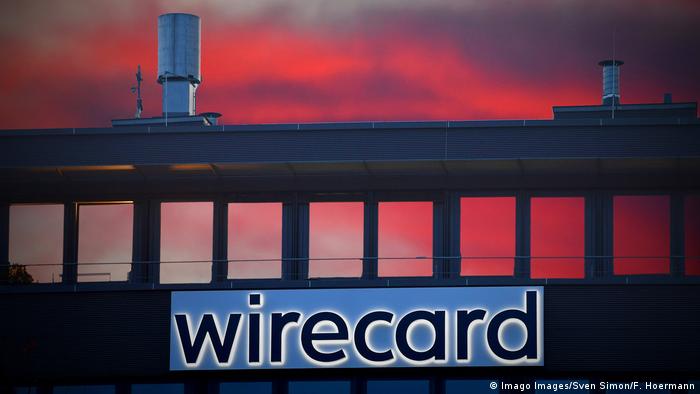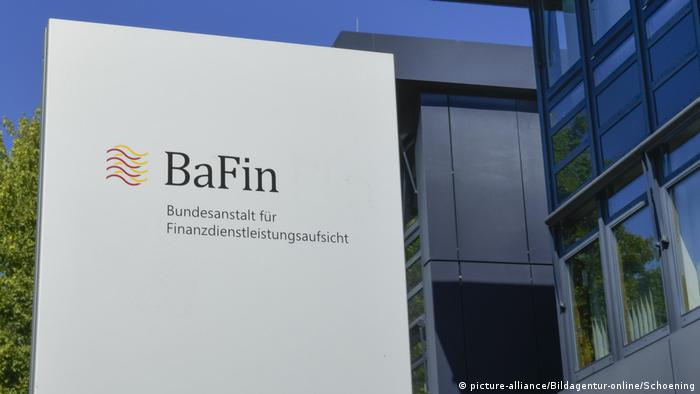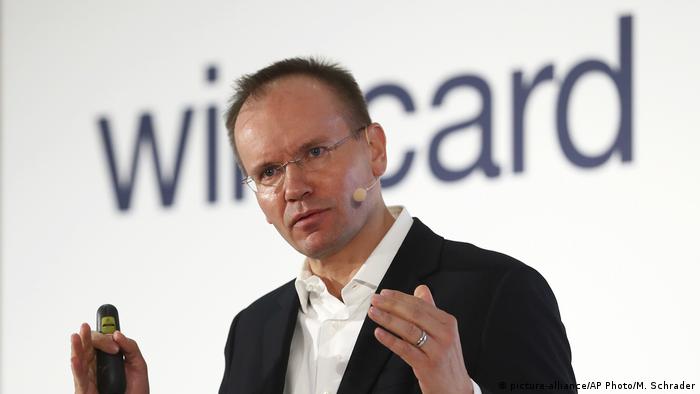Germany: Catholic Church sees record drop in membership
More than half a million people officially left the Catholic and Protestant churches in Germany in 2019, new figures show. Just over half the population now belongs to one of the two main denominations.

Germany's top Catholic body said Friday that a record 272,771 people left the country's Catholic Church in 2019, and that the number of baptisms and weddings taking place in churches also dropped sharply.
The number compares with some 216,000 people canceling their membership in 2018, and beats the previous record of around 218,000 in 2014 by a large margin.
The chairman of the German Bishops' Conference, Georg Bätzing, said the statistics could not be made to look good in any way and that the drop in baptism and wedding ceremonies showed the "erosion of a personal attachment to the church" particularly clearly.
The German Protestant Church (EKD) also had cause to be concerned about its membership numbers, with 270,000 people leaving in 2019, an increase of 22% on the year before. The figure equals that of 2014.
Read more: German church at the center of over 100 coronavirus cases

Heinrich Bedford-Strohm (far left) and Bishop Georg Bätzing (far right) at a mass commemorating the 75th anniversary of the end of World War II
'Painful' losses
EKD head Heinrich Bedford-Strohm said that every person lost to the church was a painful blow, as church workers were all "highly motivated."
Churches in Germany also suffer financially when they lose members, as a church tax is deducted from people's incomes if they are registered as being either Catholic or Protestant.
Read more: Germany's churches reimagined: Practicing faith in a pandemic
No reason for leaving a church has to be given. Bedford-Strohm said the reasons for the increase in departures would be examined in a special study. Last year, both churches published a study in which they predicted that membership numbers would be halved by 2060.
With deaths outnumbering births in recent years, the fall in membership goes beyond the number of people leaving. There are now around 22.6 million Catholics in Germany, a drop of 400,000 in 2019, and 20.7 million Protestants, 427,000 fewer than the year before.
Altogether 52.1% of people in Germany still officially belong to one of the two main Christian denominations.
DW RECOMMENDS
Philippines: Church warns against 'holy alcohol' for COVID-19
Churchgoers in the Philippines have been urged not to fall for products advertised as being "holy" to protect themselves from COVID-19. Besides alcohol, church leaders said there's "no such thing" as a holy face mask. (09.06.2020)
Africans in Germany lose their church communities
Many in the African diaspora consider their church community a home away from home. But the coronavirus pandemic often makes it difficult for expatriates to maintain social networks and practice their faith. (01.06.2020)
Germany: Women demand more sway in Catholic Church
Catholic women in Germany have presented church leaders with a petition with over 130,000 signatures, demanding a bigger role in the church. Clergy also gathers to elect a new leader for Germany's Catholic Church. (03.03.2020)















